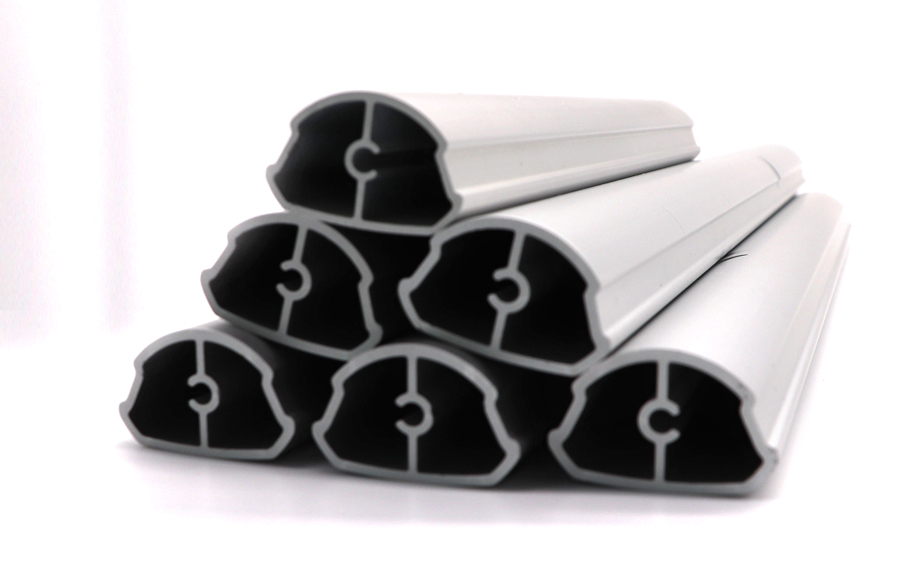

categories
recent posts
What is Aluminum?

What is Aluminum?
What is Aluminum?
What is aluminum, well it’s properties make it light, durable and functional, aluminum is one of the key engineering materials of our time.
In many ways, aluminum is the perfect metal. It is strong, light, resistant to heat and corrosion and a good conductor of electricity. On top of that it is plentiful and inexpensive.
Aluminum is also the most abundant metal in the Earth’s crust, and the third most abundant element after oxygen and silicon. However, it was not until 1809 that English chemist Sir Humphry Davy formally identified and named it.Today, aluminum is the most commonly used metal in the world after iron and steel. Aluminum is a vital component of almost every part of our lives, from the vehicles we drive to the packaging of our food.
We have gathered together the most asked questions about this wonderful and abundant.
Does aluminum occur naturally?
Although aluminum is the most abundant metal in the earth’s crust, it is never found free in nature. Unfortunately, the earth’s aluminum has combined with various other elements to form compounds.
Why is aluminum so reactive?
Aluminum in its purest form is a very reactive element and is rarely found on Earth in its free form. Aluminum acts as an excellent conductor of electricity and heat but is non-magnetic. When it is exposed to the air, any amount of air, a thin layer of whitish aluminum oxide is formed on the surface of the metal. This thin coating prevents the metal from any further corrosion and rusting.
What elements does aluminum react with?
Aluminum metal reacts vigorously with all the halogens to form aluminum halides. In other words, it reacts with chlorine, bromine, and iodine to form respectively aluminum chloride, aluminum bromide, and aluminum iodide.
What are the benefits of using aluminum?
Does aluminum have alloys?
Does it weaken over time?
Just like steel, aluminum alloys become weaker as the service temperature rises. But aluminum melts at only about 1,260°F, so it loses about half of its strength by the time it reaches 600°F.
Does salt corrode aluminum?
All metals will corrode in the presence of salts. Though aluminum does not exhibit rusting to the extent steel does, it will develop a chalky film and pitting in the metal surface when exposed to salt for long periods.
What is aluminum used for?
Aluminum has opened up new dimensions in the last decades. There are many objects that are fully or partly made of aluminum.
Can stainless steel be used with it?
Stainless steel is an alloy of carbon steel that is, itself, resistant to corrosion. However, stainless steel is reactive with aluminum, and when a stainless steel screw is in contact with an aluminum base metal, the aluminum is likely to corrode.
Aluminum is at its most versatile when it’s combined with other metals to form aluminum alloys. The alloying process gives aluminum improved properties to suit a range of applications.
copyright © 2026 Aluprofilescnc.all rights reserved.
friendly links :
Wall mount sensor faucet Color coated aluminum coil/sheet factory Industry Tools Manufacturer Medical Health Electrical Control Panel Box Fittings And Railing Systems pressure gauges Aluminum door and window Mu Metal Core Manufacturer guangyaaluminium Aluminum Window Supplier Custom Injection Molding